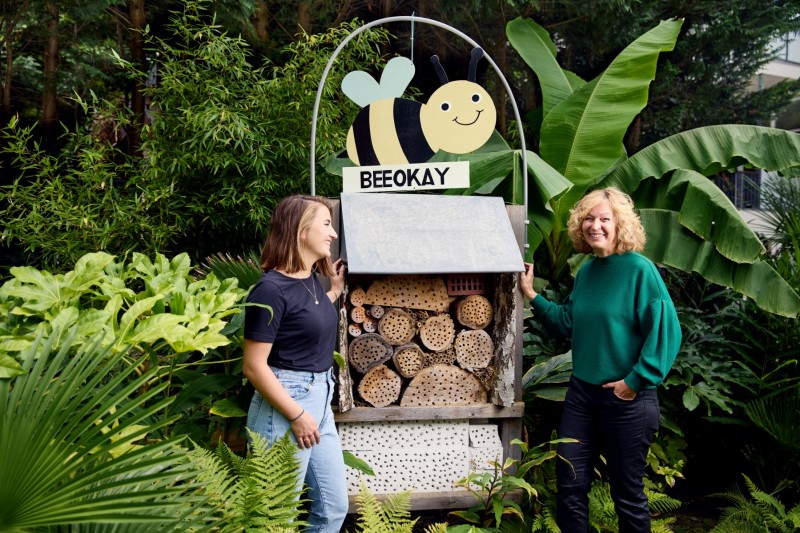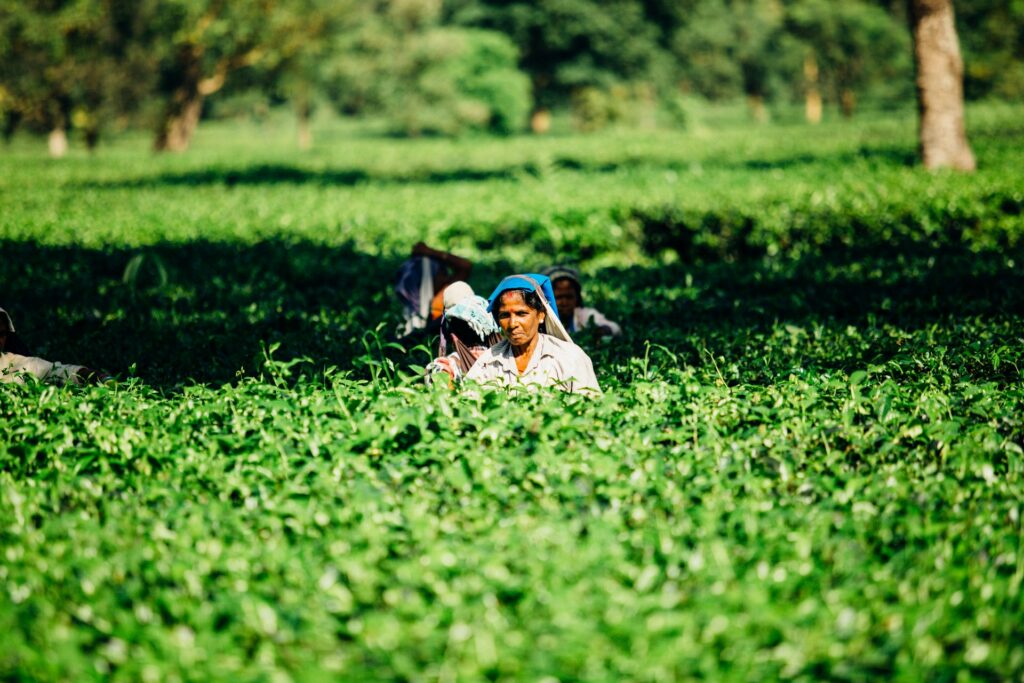Sustainable Travel: Ensuring A World Worth Exploring

By Laura Houldsworth, Managing Director & Vice President of Asia Pacific at Booking.com
The world we live in is a different one from two years ago. Travellers have discovered new modes of adventure—from working anywhere to local staycations—and with it we see a heightened awareness for more mindful, sustainable travel. Beyond just a buzzword, sustainable travel should be top of mind for accommodation and hospitality providers. As travel intent picks up again, travellers will finally step out of their home base, dust off their passports, and start exploring the world again. Only this time, they will be looking to travel with a positive impact.
But what exactly is sustainable travel? To put it simply, it’s about keeping destinations healthy and happy, leaving the places we visit better than how we found them. It’s about supporting and protecting local environments, respecting local biodiversity, and keeping local cultures alive. When done with respect, travel can be a force for good.
Moving from intent to action

We’ve seen an increased desire amongst travellers to travel more mindfully and responsibly. Our research shows that 88% of Indian travellers state that the pandemic has influenced them to want to travel more sustainably in the future. More and more, travellers are assessing if the way they travel will reduce negative economic and social impacts on their destinations. There is a desire to connect authentically with local communities, and to plan their trips with a “community first” mindset.
Travellers are not just thinking about it, they’re also taking concrete steps to ensure they travel sustainably. Indian travellers revealed that while on vacation, 48% of them brought their own reusable water bottles instead of buying bottled water, 47% of them consciously switched off air conditioning or heating in their room when they weren’t there, and 37% of them did activities to support the local community.
The travel industry operates and thrives on a healthy balance of supply and demand. The new breed of eco-conscious travellers has rising expectations on the travel industry to do their part. All signs are showing us that opportunities abound for travel providers who are able to offer more sustainable options—be it in accommodation, transport or in-destination experiences.
Making a difference with sustainable accommodation

Providing sustainable choices are easier and more affordable than one might expect. Our research reveals that 98% of Indian travellers want to stay in sustainable accommodation—properties that have made efforts to 1) reduce waste, 2) reduce energy and greenhouse gases, 3) protect nature, 4) use less water and/or 5) support local communities. While some properties can afford to go big with infrastructure upgrades, many others can start by taking simple initiatives like eliminating all single-use plastics, installing recycling bins and water stations, and offering locally-guided tours.
For travellers who want to make a difference, picking a sustainable place to stay is a great place to start. Online travel brands help connect like-minded travellers and properties, making it easy to search and book the perfect sustainable stay no matter the budget. Travellers can also opt to travel during off-peak seasons when there are fewer visitors and pack their own toiletry products from home. All of our travel decisions, no matter how small, will make a difference.
Supporting sustainable destinations

Change happens when we come together and push the needle on a larger scale. Asia has some of the most beautiful and exotic eco-tourism spots in the world, many of them still remote, where travellers and providers alike can contribute to the destinations’ preservation efforts. In Cambodia, for example, many hoteliers and tour operators have joined forces to open eco-retreats built by local craftsmen with regionally sourced materials. They work closely with local communities to offer travellers an authentic experience, while boosting the local economy at the same time.
Similarly we see many destinations in India that are proactively fostering sustainable tourism. Thenmala in Kerala is India’s first planned eco-tourism destination, rich with local biodiversity and nature activities. Travellers can also engage with local organisations, such as NotOnMap, who curate unique experiences to offbeat locations across India. From rural farm stays, meeting indigenous tribes and supporting local artisans—there are many aspects of eco-tourism which we have yet to uncover.
The desire to explore and to travel is fundamental to who we are as human beings. The pandemic has not taken that desire away from us; if anything, it has made it stronger. People now want to travel in more meaningful ways than before. As an industry, the actions we take today will help preserve and protect the many beautiful destinations and cultures. Let’s all do our part to ensure there is a world worth exploring, for many more centuries to come.






Responses